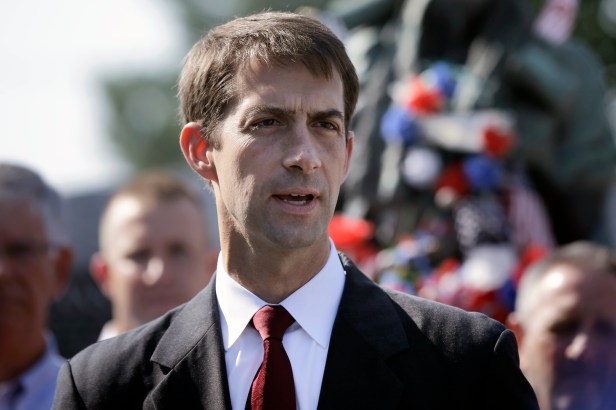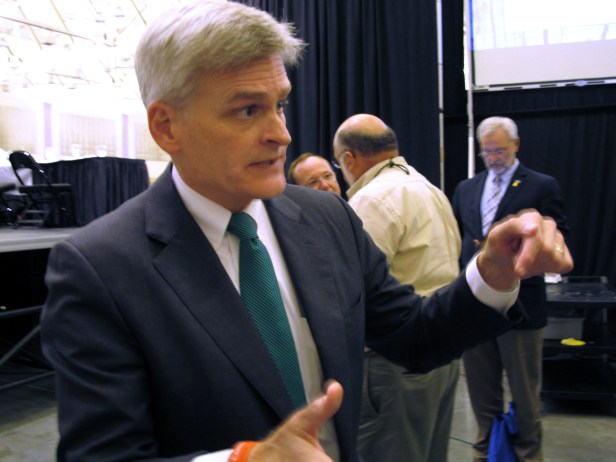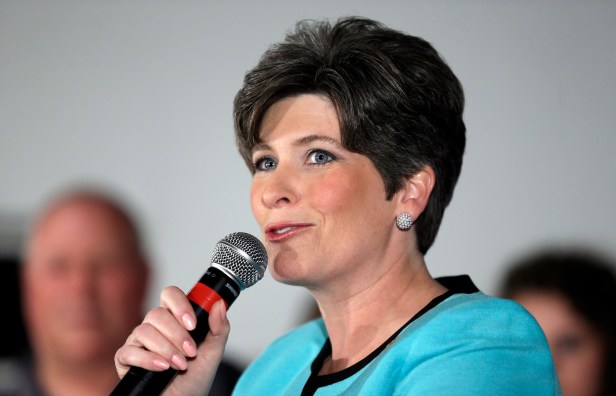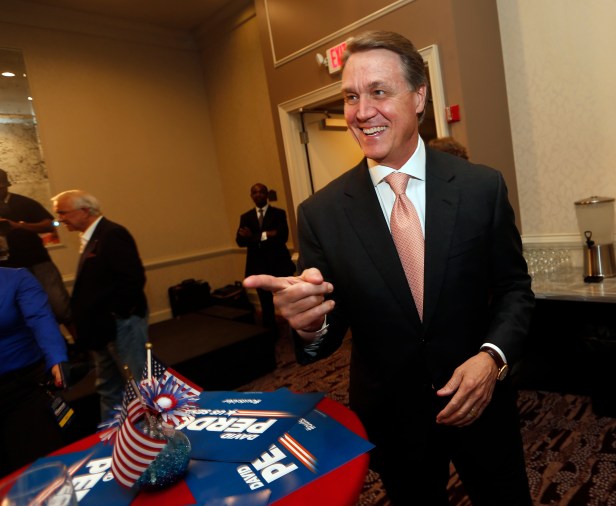The November midterms are crucial for a Republican Party still experiencing the effects of the Harry Reid-controlled senate.
Videos by Rare
Editor of The Fix, Chris Cillizza, believes that a Republican takeover of the senate is not only crucial, but also more than probable. Cillizza gave a quick summary of the states Republicans view as most critical.
Arkansas

Sen. Mark Pryor (D-Ark.) has run a very good campaign, while Rep. Tom Cotton (R) has underwhelmed somewhat. (To be fair, Cotton, a freshman member of Congress, entered the race with impossibly high expectations.) And yet, the public polling in the contest gives Cotton a narrow edge. (Internal polling shows Pryor in a slightly stronger position.)
Louisiana

In Louisiana, Sen. Mary Landrieu (D) has a wide lead over Rep. Bill Cassidy (R) as well as two other Republicans in the contest. But Landrieu seems unlikely to win more than 50 percent of the vote Nov. 4, and if she doesn’t, she will face a runoff Dec. 6 against the second-place vote-getter, who is likely to be Cassidy. Head-to-head polling between Landrieu and Cassidy gives the slightest edge to the challenger.
Iowa, Colorado and North Carolina

Iowa, Colorado and North Carolina fit comfortably into the next tier of vulnerability. Iowa State Sen. Joni Ernst (R) has run a terrific campaign for the seat of retiring Sen. Tom Harkin (D) and has been aided by the stumbles of Rep. Bruce Braley (D). Republicans’ last-minute recruiting coup in Colorado landed them Rep. Cory Gardner, although Sen. Mark Udall (D) hasn’t been caught by surprise and is working hard to paint the GOP congressman as extreme on social issues. The North Carolina contest is the quietest close race in the country; Sen. Kay Hagan (D) isn’t well-defined as a candidate, but she has endured millions of dollars in spending by conservative groups relatively well. State House Speaker Thom Tillis performed well in the Republican primary, but his stewardship of the chamber will be a major issue this fall.
Georgia and Kentucky

Of the two, Kentucky seems the better opportunity, given Sen. Mitch McConnell’s middling poll numbers and the able campaign being run by state Secretary of State Alison Lundergan Grimes. Polling gives McConnell a slight edge, but even his most ardent supporters acknowledge that his vote ceiling is somewhere between 51 and 52 percent.
Georgia’s open seat is competitive because of a terrific recruit by Democrats in Michelle Nunn. She has performed exceptionally well on both the fundraising and polling fronts. But Republicans picked businessman David Perdue as their nominee, countering Nunn’s “outsider” brand, and Georgia remains a comfortably Republican state — particularly in a midterm election such as this one.
Cillizza points out that Republicans are competitive in all of these states and “within the margin of error to think that even the slightest national breeze blowing in their favor … [it] will be enough to push them over the top in a few of these very close contests.”
Only time will tell.


